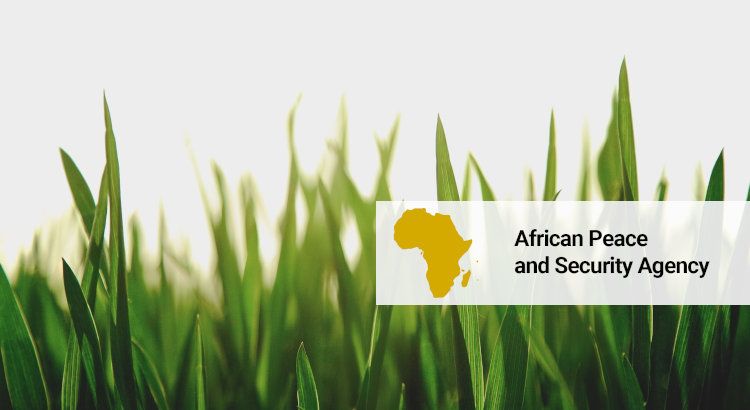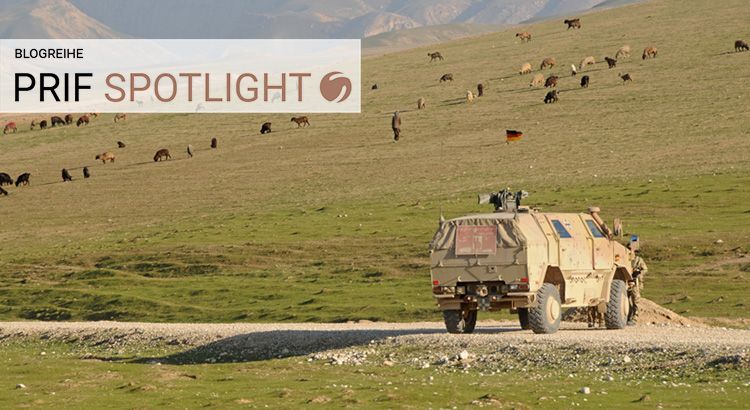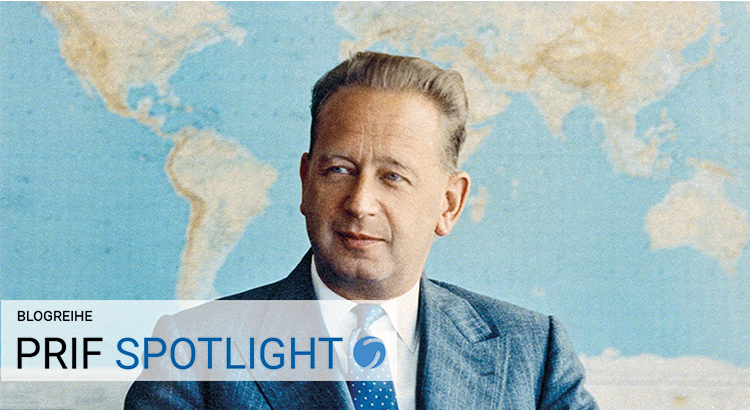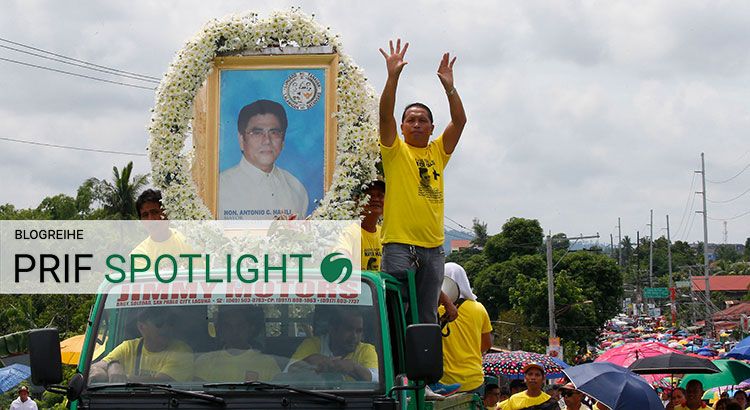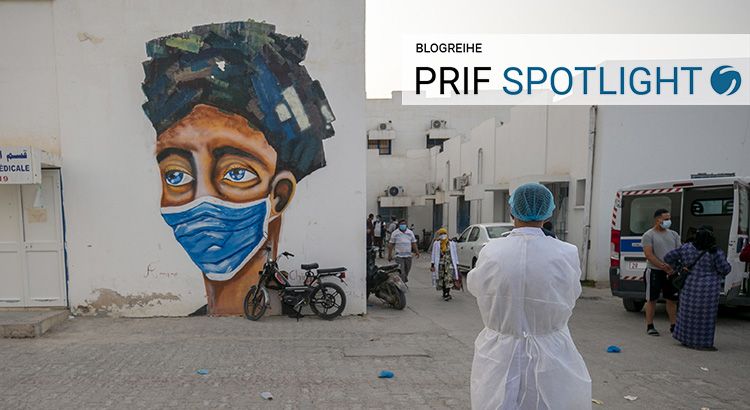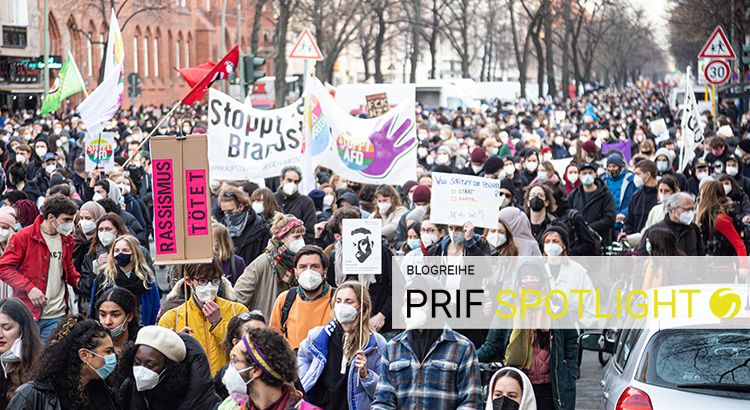In a speech at the fifth United Nations-African Union Annual Conference on 1 December 2021 in New...
Ingenieurskunst für die NPT-RevCon. Wie Deutschland und andere Schirmstaaten Brücken schlagen können
Bei der Überprüfungskonferenz des Nichtverbreitungsvertrages (NPT-RevCon) im Januar 2022 müssen...
Afghanistan aufarbeiten. Den Einsatz nachträglich legitimieren oder Entscheidungshilfen für die Zukunft liefern?
Nach der Machtübernahme der Taliban kam der Ruf nach Aufarbeitung des Afghanistan-Einsatzes...
Die UN als globaler „Streitraum“. Zur Aktualität von Dag Hammarskjölds Erbe
Dag Hammarskjöld? War das nicht der mit dem mysteriösen Flugzeugabsturz im Kongo? Außerhalb des...
Eine gewaltträchtige Ordnung. Gezielte Tötung als Mittel des „demokratischen“ Wettstreits in den Philippinen
Seit Langem ist in den Philippinen die gezielte Tötung politischer Gegner:innen ein fester...
Is the Worst Yet to Come? Consequences of the COVID-19 Crisis and its Management in the Maghreb
Soon after the global outbreak of the COVID-19 pandemic, concerns were raised about its potential...
Evaluationsstrukturen gestalten. Herausforderungen in der Extremismusprävention im internationalen Vergleich
Politik und Verwaltung verschiedener Länder stehen vor ähnlichen Herausforderungen beim Aufbau...
Governing Evaluations. Internationally Shared Challenges in Evaluating Preventive Measures Against Extremism
Evaluating programs to prevent and counter violent extremism (P/CVE) is an emerging field without...
Evaluationsbedarfe der Praxis: Ergebnisse einer Bedarfsabfrage im Präventionsfeld Islamistischer Extremismus
Die große Mehrheit der deutschen Präventionspraxis im Bereich Islamistischer Extremismus steht...
Prävention von Rechtsextremismus: Erfahrungen und Herausforderungen für Evaluation und wissenschaftliche Begleitung
Rechtsextremismusprävention hat sich zu einem vielfältigen Arbeits- und Handlungsfeld...
